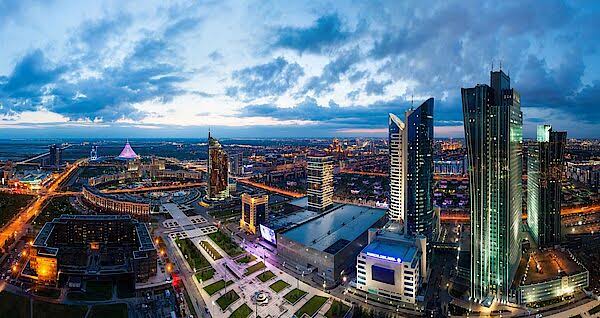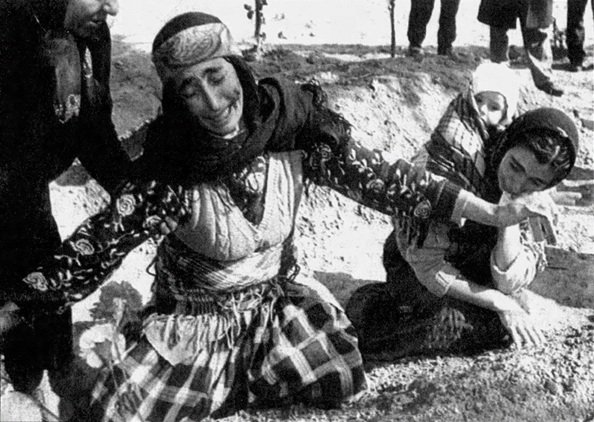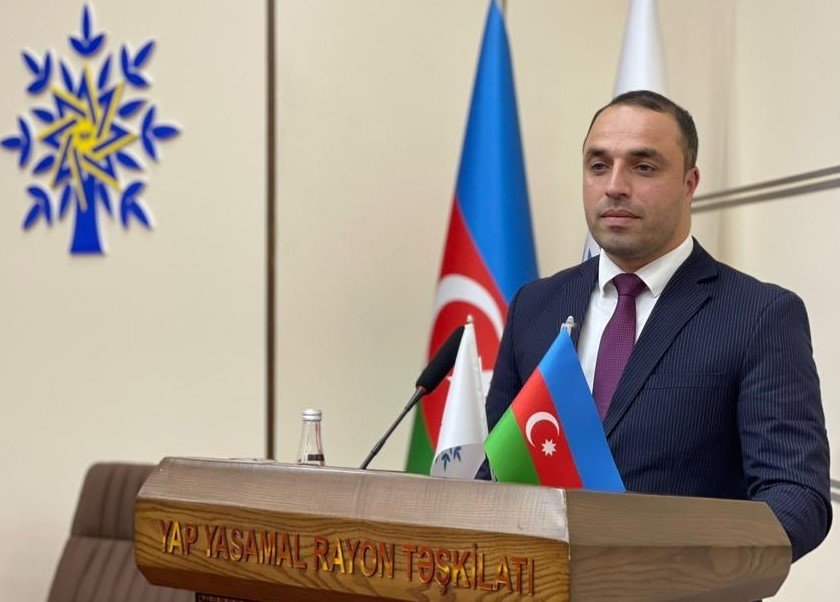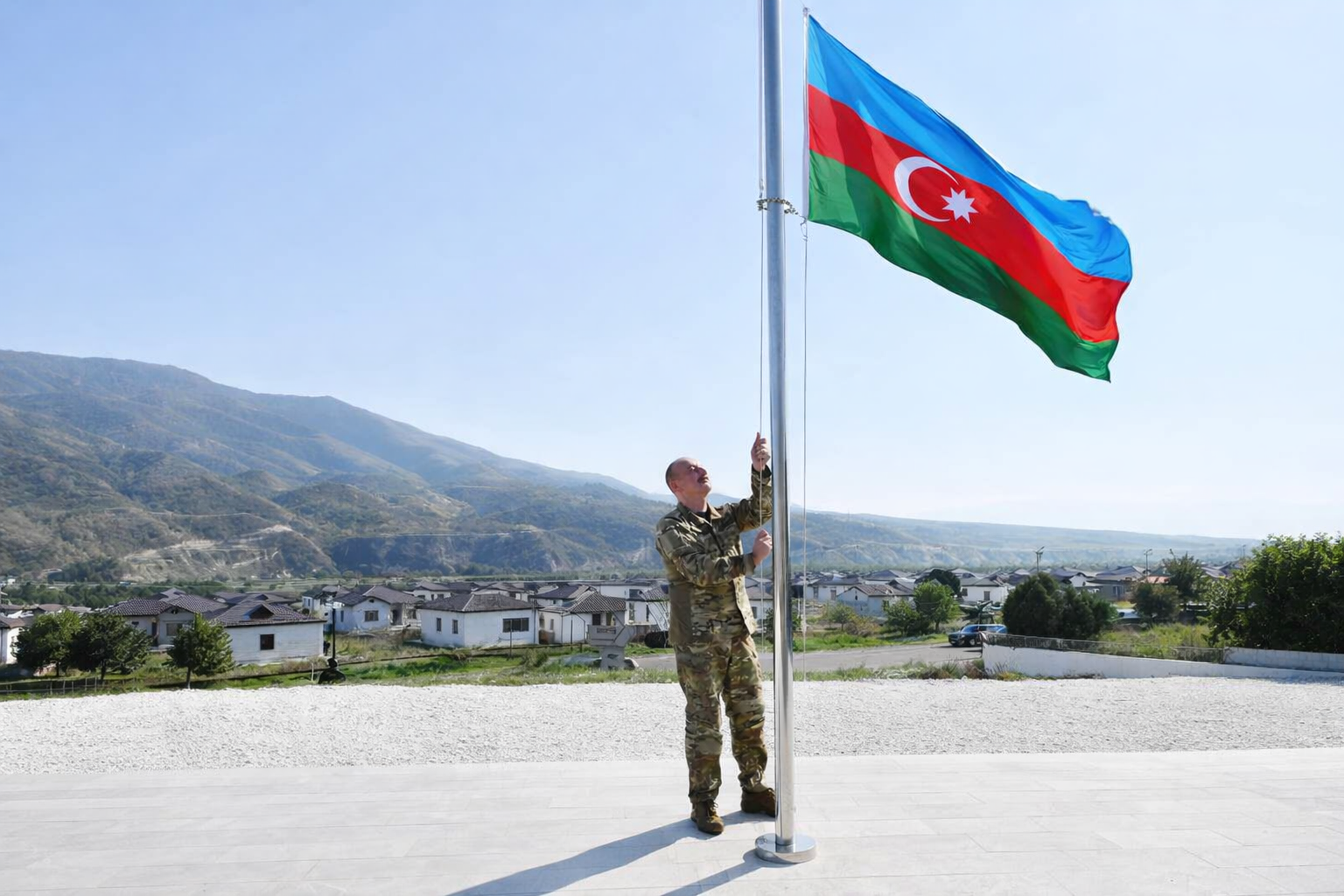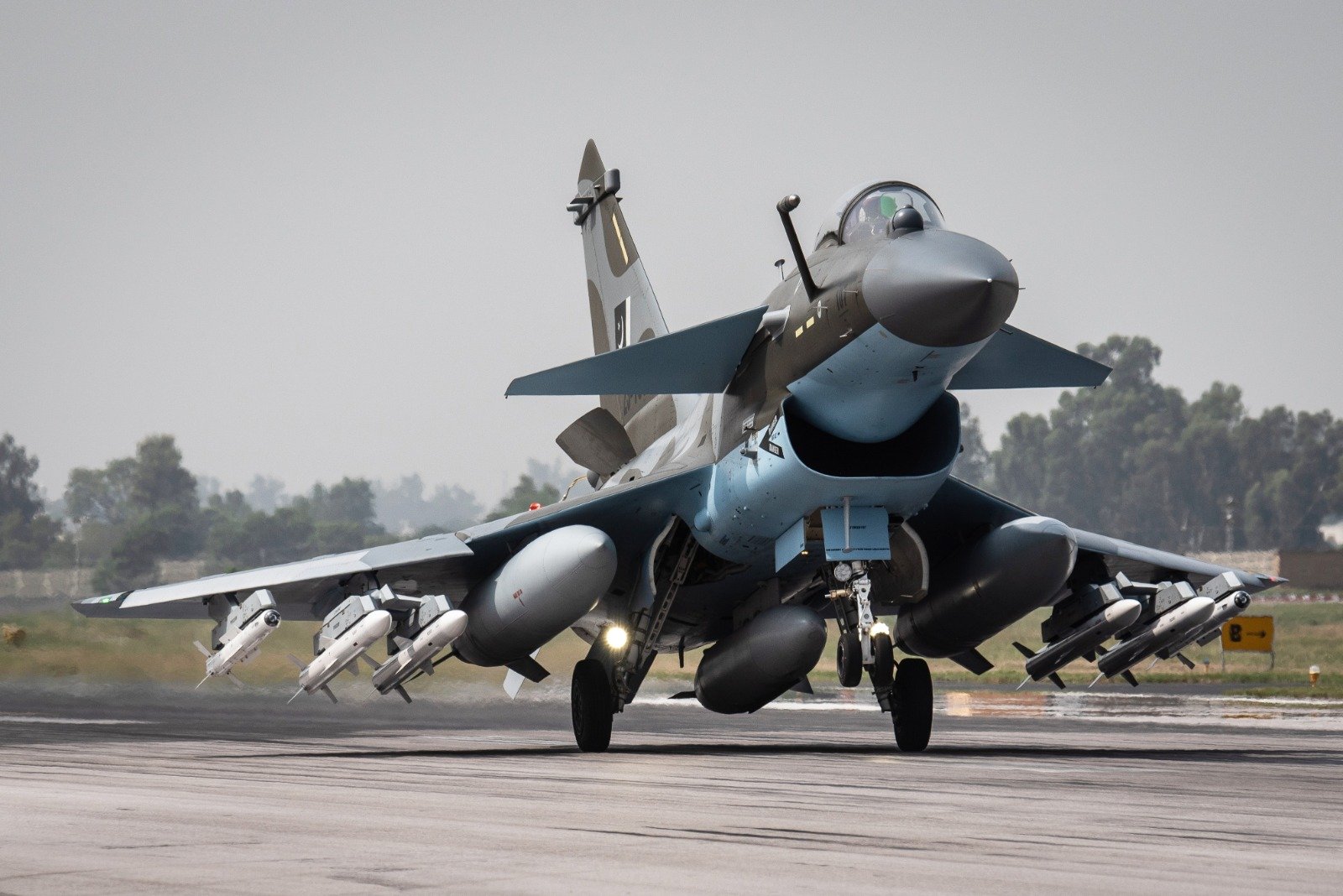Kazakhstan, the world’s ninth-largest country, is sometimes overshadowed by its larger neighbours, yet it is brimming with potential, culture, and ambition. As the world’s biggest landlocked country, it has made great progress internationally in recent years, displaying a combination of heritage and modernity that captivates visitors who visit its vast landscapes and dynamic towns. Kazakhstan symbolizes prosperity in Central Asia, with outstanding economic growth and a key role in international diplomacy.
Kazakhstan is a historical Central Asian country that has made substantial economic and social progress in recent years and is seen as an emerging success story. Kazakhstan is regarded as a center of vast economic prospects for investment and corporate endeavours due to its abundance of natural resources, strategic geographic position, and reasonably stable political situation.
Resource-Rich Potential
The country also possesses strong mineral production possibilities, including petroleum, natural gas, coal, iron ore, manganese, chrome ore, nickel and cobalt, copper, molybdenum, lead and zinc, bauxite, gold and uranium. It possesses the most proven oil resources of any Central Asian state, as well as large natural gas reserves. It has a reasonably strong resource base, particularly in oil and gas, and has exhibited rising production patterns, which have supported its economic growth since its independence in 1991. The world’s largest corporations have invested billions of dollars in Kazakhstan’s energy industry, and as new resources are released via the development of extraction facilities, there is even more room for expansion.
Aside from oil and gas resources, Kazakhstan has vast quantities of key minerals required for the industrial production of a variety of manufacturing and technological products. If the nation continues to grow its mining sector and enhance its export facilities, Kazakhstan has the potential to significantly contribute to key mineral shortages in areas such as technology, renewable energy, defense/security, construction, and communications. This is owing to its proximity to big economies such as China and Russia, which present key trade possibilities in mineral commodities as global demand grows.
Infrastructure and Logistics Hub
Kazakhstan occupies a vast territory in the geographic center of Eurasia, sharing borders with Russia in the north and west, China in the southeast and strong ties with Europe to the west. It is placed at the center of the overland trade bridge, with significant investments being made in improved road, railway, port, and pipeline infrastructure. One simply has to recall that billions of dollars have been allocated for the development of transport infrastructure connecting Kazakhstan with neighbouring countries, to transform Kazakhstan into a transport and logistics hub equivalent to Dubai or Singapore.
Better infrastructure is also a strategic advantage for Kazakhstan, which seeks to expand its industrial sector and establish efficient internal transportation of commodities, goods, and skilled workers. There are emerging characteristics such as special economic zones that incorporate bespoke bonded warehouses, tax breaks, and simple legislation to attract manufacturing enterprises ranging from electrical engineering to metallurgical industries. As Kazakhstan’s infrastructure development on imports and exports continues to drive expansion, Russia, as well as Central Asia as a whole, positions itself as a vital market partner and attractive central location from which to operate.
Good Governance and Stability
While several other Central Asian nations have authoritarian political systems and civil unrest, Kazakhstan distinguishes out as one that prioritizes excellent governance, legal reforms, social capital, and economic independence. This quality, which stems from a prior civil law system, property rights protection, and a stable currency, provides an attractive environment for foreign money and expertise. Safeguarding regulations averts problems in its banking systems by increasing efficiency in combating corruption through different ways transparency pushes.
Kazakhstan also has plans to create inclusive growth and maintain social order by implementing suitable reforms and spending programs for income redistribution, poverty reduction, and excellent education and health care.
Commitment to Sustainable Development
Kazakhstan recognizes the importance of sustainable development and is taking great measures to solve environmental issues and promote green projects. The government has vowed to cut greenhouse gas emissions while increasing the proportion of renewable energy in its energy mix. The “Green Economy” idea seeks to shift the country towards more sustainable practices in a variety of industries, including energy, agriculture, and urban development. Kazakhstan’s extensive steppe and natural resources present a chance to invest in environmentally friendly agricultural and renewable energy initiatives. The government is promoting the use of solar and wind energy, using the country’s geographical advantages. By adopting sustainability, Kazakhstan not only protects its natural heritage but also positions itself as a worldwide leader in the battle against climate change.
Kazakhstan is an ideal location for energy, minerals, manufacturing, infrastructure, logistics companies, and a variety of other industries. Because of its natural resource endowment, geographic position, and political stability, this economy is on the rise as one of Eurasia’s fastest-growing economies, with possible signs that it will be among the top thirty economies in the world by the mid-twentieth century. While the country gradually unlocks much of its potential, Kazakhstan enhances its position as an emerging nation with prospects for the present and future.
In conclusion, it would be worth stating that Kazakhstan has most of the key ingredients that define new leading global nation’s resources, geographic location, and a vision of the future that involves embracing the opportunities of the open world. This makes Kazakhstan to be poised to have a more strategic influence within the regional and International system in the future if only strategic goals and objectives will continue to be coherent and direction forward.

Ms. Syeda Manal Tirmizi Research Associate at Pakistan Research Center for a Community with Shared Future ( PRCCSF).
